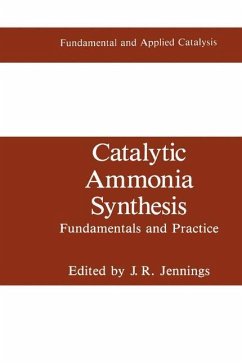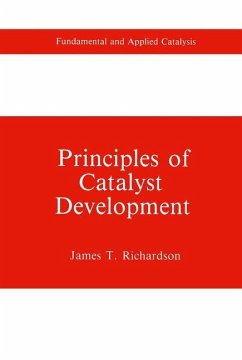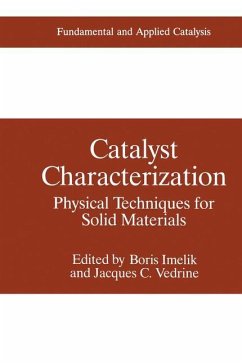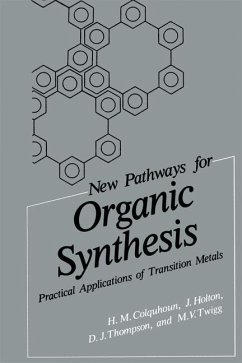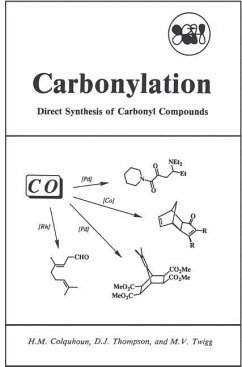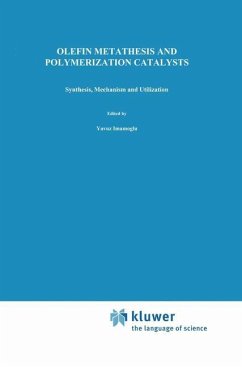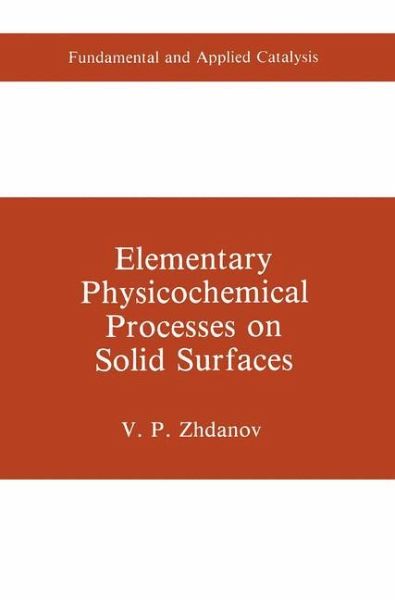
Elementary Physicochemical Processes on Solid Surfaces
Versandkostenfrei!
Versandfertig in 1-2 Wochen
115,99 €
inkl. MwSt.
Weitere Ausgaben:

PAYBACK Punkte
58 °P sammeln!
vi industrial process or a class of catalysts forms the basis of other books, with information on: fundamental science of the topic, the use of the pro cess or catalysts, and engineering aspects. Single topics in catalysis are also treated in the series, with books giving the theory of the underlying science, and relating it to catalytic practice. We believe that this approach is giving a collection of volumes that is of value to both academic and industrial workers. The series editors welcome comments on the series and suggestions of topics for future volumes. Martyn Twigg Michael Spencer Bil...
vi industrial process or a class of catalysts forms the basis of other books, with information on: fundamental science of the topic, the use of the pro cess or catalysts, and engineering aspects. Single topics in catalysis are also treated in the series, with books giving the theory of the underlying science, and relating it to catalytic practice. We believe that this approach is giving a collection of volumes that is of value to both academic and industrial workers. The series editors welcome comments on the series and suggestions of topics for future volumes. Martyn Twigg Michael Spencer Billingham and Cardiff Contents Introduction . . . . . . . . . . . . . . . . . . . . . . . . . . .. . . . 1 . . . . . . . . Chapter 1. Vibrational Relaxation of Adsorbed Particles . . . .. . 5 1.1. General Approach to Describing Vibrational Relaxation ..... 5 1.2. Phonon Mechanism of Relaxation .................... 8 1.2.1. Relationship between the Simple Perturbation Theory and the Adiabatic Approximation .. . . . . . . . . . .. . . 9 . 1.2.2. One-Mode Approximation .................. . .. 11 1.2.3. Relaxation Caused by Correlation Potential Proportional to Displacement of Adsorbed Particle from Equilibrium ........................... 12 1.2.4. Relaxation Caused by Correlation Potential Proportional to Displacement of Surface Atom from Equilibrium ........................... 14 1.2.5. Results and Discussion ....................... 15 1.3. Vibrational Relaxation via Interaction with Conduction Electrons . . . . . . . . . . . . . . . . . . . . . . . . . .. . . 18 . . . . . . . . . 1.3.1. Dipole Approximation ......... '.' . . . . . . . . .. . . 18 .




